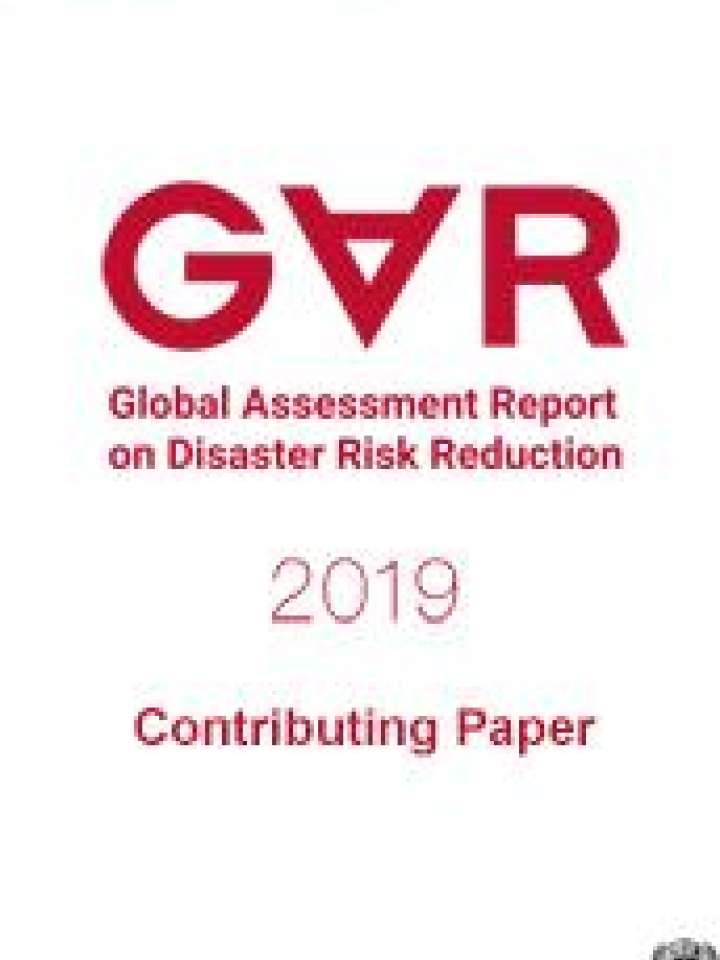How does government discourse make people vulnerable? The case of the province of Davao del Norte, Philippines
The world is becoming a more dangerous place to live. According to the Centre for Research on the Epidemiology of Disasters (CRED), “average mortality for all types of natural disasters increased to 69,800 per year in the decade 2006-2015, up from 64,900 between 1996 and 2005”. But for whom is this world more dangerous? CRED (2016) reports that in terms of loss of lives per disaster, low-income countries experienced the highest rate of mortality, where on average, 327 people died per disaster in the past 20 years. This is approximately five times more than generally recorded in high-income countries. The Philippines is not immune to disasters, having been considered the fourth most disaster-prone country by UNDRR's Mortality Risk Index in 2009. Since poverty is identified as a factor for a differentiated impact of a calamity, this could mean that disasters are not really “natural”, but are socially constructed as a result of power imbalance within society.
In this study, the researcher attempts to: 1) construct a social vulnerability model in Davao del Norte Province, as well as 2) determine the model’s psychometric properties, and 3) expose the discursive structure of the local DRR functionaries regarding flood risk. The researcher assumes that the people in affected areas have their particular concepts of flood vulnerability and that these constructs do not entirely match with the constructs the local domains of disaster governance. This ideation gap may explain why the immense advocacy campaigns of the local governments are met with public apathy, and may expose the link between flooding and the development pattern prevalent in the province of Davao del Norte.
This paper is a contribution to the 2019 edition of the Global Assessment Report on Disaster Risk Reduction (GAR 2019).
To cite this paper:
Tagalo, R. How government discourse makes people vulnerable? The case of the Province of Davao del Norte, Philippines. Contributing Paper to GAR 2019
